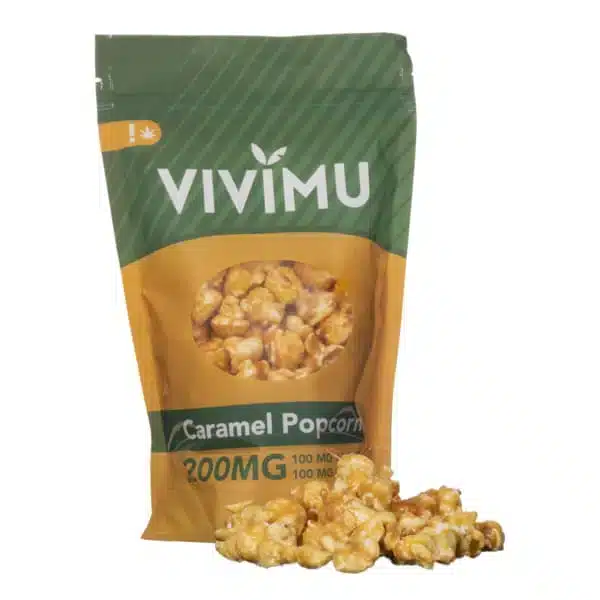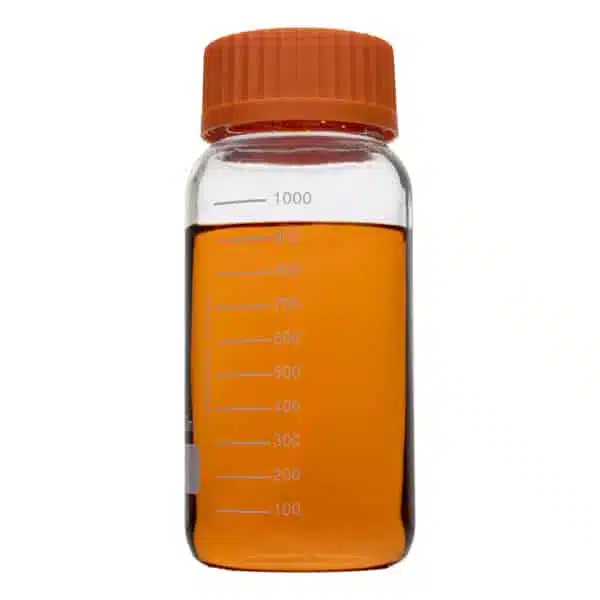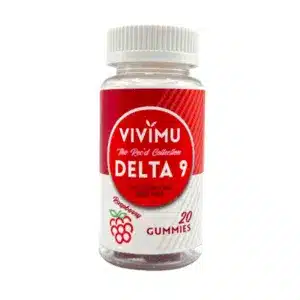Think about the moments of calm in life: the first cup of warm coffee in the morning, a soothing guitar tune at night, or a quiet walk at dusk. Now, imagine something that can enhance these moments of tranquility – something natural and unique. Welcome to the world of CBD – a green, calming, and fascinating world!
What is CBD?
You might be asking yourself the same question. CBD, short for cannabidiol, represents a natural compound found in the cannabis plant. It stands among more than 100 different cannabinoids in cannabis. Unlike THC (tetrahydrocannabinol), another prominent cannabinoid, CBD lacks psychoactive properties. This means it does not induce the characteristic “high” associated with cannabis use. In recent years, CBD has seized significant attention due to its potential therapeutic properties. These encompass anxiety relief, pain reduction, sleep improvement, and the management of conditions such as epilepsy and chronic pain. Ongoing research continually uncovers the potential health benefits of CBD. It is readily available in various forms, including oils, capsules, creams, and edibles. It’s vital to note that adhering to local regulations is essential, and it is advisable to consult a healthcare professional before using CBD for specific medical purposes.
Is CBD legal?
At the federal level, authorities classify CBD derived from cannabis as a Schedule 1 substance, making it illegal. This implies that strict regulations and restrictions apply to CBD derived from marijuana, a type of cannabis. However, CBD derived from hemp, a cannabis variety containing less than 0.3% THC (the psychoactive compound in cannabis) by dry weight, is legal. Hemp stands apart from marijuana and is not under the classification of a controlled substance. Understanding this distinction between CBD sourced from hemp and CBD from marijuana is crucial for comprehending the legal status of CBD products in the United States and many other countries. Consumers should take into account the source and composition of the CBD product they are considering, as well as the local and state regulations that govern its use and distribution.
What is the recommended dosage for consuming CBD?
Modern medicine can indeed be complex, and the world of cannabis-derived products is no exception. Notably, the FDA has approved just one cannabis-derived medication, Epidiolex, designed for severe epilepsy.
Nonetheless, Epidiolex represents just one piece of the CBD puzzle. Numerous other CBD products lack FDA regulations, resulting in varying quality and safety standards. To determine your CBD dosage, start with a low amount and gradually increase it until you achieve your desired effects. Consider factors like body weight, product label instructions, and method of consumption. It’s important to consult a healthcare professional, especially if you have medical concerns or take other medications. Be patient, monitor your response, and maintain consistency with your chosen dosage.
Will CBD Trigger a Positive Result on a Drug Test?
What are the effects associated with CBD?
Cannabidiol has attracted attention due to its potential health benefits, which include relieving pain, reducing anxiety, and improving sleep quality. It may also possess anti-inflammatory properties and find use in epilepsy treatment. Some studies suggest that it could play a role in neuroprotection and even acne management. Furthermore, CBD may assist individuals with substance use disorders and positively impact heart health. Its mood-regulating properties make it attractive to those with mood disorders. However, it’s crucial to approach CBD use with caution, especially for medical purposes. While it’s generally well-tolerated, CBD can cause side effects such as dry mouth, diarrhea, reduced appetite, drowsiness, and fatigue. It can also interact with other medications, including blood thinners. Concerns also arise from the variability in the purity and dosage of CBD in available products, underscoring the importance of consulting with a healthcare professional and becoming familiar with local regulations before using CBD.
CBG vs CBD
CBD and cannabigerol (CBG) are both naturally occurring cannabinoids found in cannabis, and each has its own distinctive effects. CBD, widely available and often derived from hemp, is legal in many regions and comes in various forms, from oils to edibles. It is commonly used for managing anxiety, sleep disorders, and chronic pain. On the other hand, CBG is less prevalent in most cannabis strains and is considered a minor cannabinoid. CBG has gained attention for its potential as an anti-inflammatory and may also have applications in managing conditions like irritable bowel syndrome. Understanding the differences between CBD and CBG is essential, as both offer unique properties and potential benefits.
CBN vs CBD
CBD and Cannabinol (CBN), while both naturally occurring cannabinoids found in cannabis, have distinct effects. CBD, more readily available and derived from hemp, is widely legal, with a broad range of products from oils to chocolates. It’s frequently used for anxiety, sleep issues, and pain management. CBN, on the other hand, develops when THC degrades in older cannabis, and it’s recognized for its sedative properties, making it a promising option for sleep-related concerns. These two cannabinoids offer unique properties and potential benefits, emphasizing the importance of consulting with a healthcare professional and staying informed about local regulations when considering their use.
Where to find CBD for Sale
CBD products are available in various locations, including online retailers such as Vivimu, health and wellness stores, specialized CBD shops, pharmacies, and dispensaries. However, it is important to thoroughly research the reputation of the company before making a purchase. While gas stations and convenience stores may also carry CBD products, the quality can vary.
When shopping for CBD, it is advisable to carefully review product labels and consider factors such as CBD concentration and product type. Consulting with a healthcare professional is a wise decision, particularly if you have specific medical concerns or are taking other medications.
CBD for Pets
Pet owners are increasingly drawn to CBD for its potential to benefit animals by offering pain relief, anxiety management, and treatment for specific medical conditions. However, it’s imperative to consult a veterinarian for personalized guidance before administering CBD to your pet. Ensuring your pet’s safety is paramount, so select high-quality CBD products designed specifically for animals, as human CBD products may contain harmful ingredients. The appropriate CBD dosage varies depending on your pet’s type, size, and condition, and your vet can determine the correct amount. Remain vigilant for potential side effects and acquaint yourself with the legal regulations regarding CBD in your area, as rules can vary. Always prioritize your pet’s well-being and safety when considering CBD as a supplement or treatment option.
Before Purchasing CBD
In this comprehensive guide, we have covered the origins, benefits, and safety of CBD. We have also explored its applications, legalities, and emphasized the importance of quality. While CBD shows promise, individual reactions may vary. Therefore, it is essential to approach it with caution, especially when addressing specific health concerns. Consulting experts, understanding local laws, and making informed product choices are crucial steps. Whether you are new to CBD or seeking to expand your knowledge, this guide serves as a valuable resource. As research progresses, we anticipate gaining more clarity on the potential of CBD. For now, it is important to prioritize safety, seek advice, and make informed wellness choices with CBD.
This product is not intended to diagnose, treat, cure, or prevent any disease








